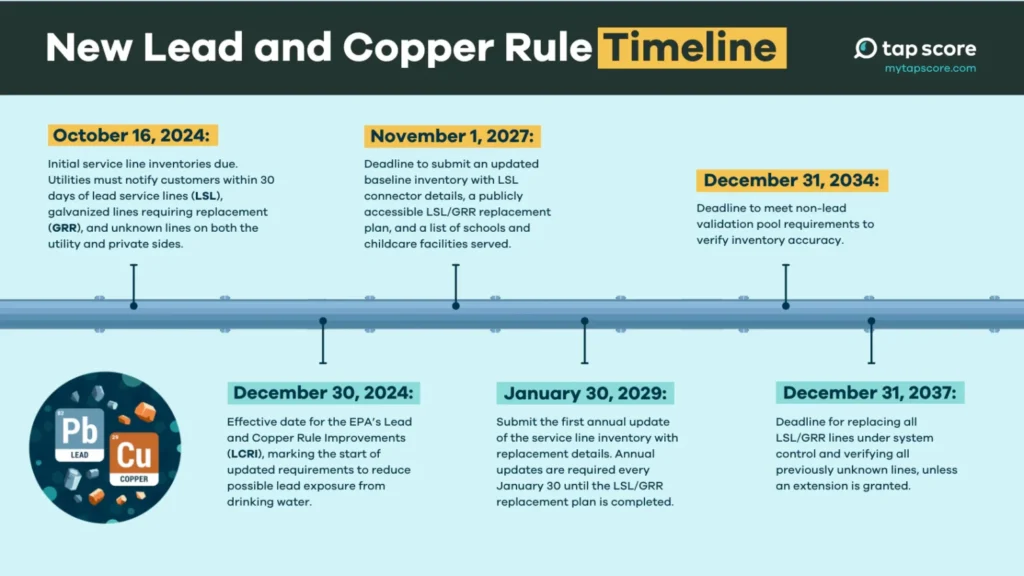Aging Infrastructure and Regulatory Changes in Small Water Systems
In this episode of Engineers for Communities, host Michael Groselle, PE engages with Kevin Crane from Kubota to explore how innovative membrane bioreactor (MBR) systems are transforming wastewater treatment for rural communities. With a focus on operational simplicity, compact designs, and adaptability, this conversation dives deep into how rural areas can future proof their wastewater infrastructure to meet current and upcoming regulations.
★ Discover how MBR systems can tackle stringent limits like phosphorus and nitrogen, using both biological processes and simple chemical treatments.
★ Learn how membrane technology enables “future proofing” wastewater plants, preparing them to meet stricter environmental regulations.
★ Explore the operational advantages of Kubota’s systems, designed with simplicity and efficiency in mind—reducing reliance on settling characteristics and providing highly automated processes.
★ Understand how remote monitoring and SCADA integration allow operators to make adjustments without physically visiting the site.
★ Gain insight into how decommissioned lagoons can be replaced with compact, efficient MBR systems that reduce the footprint by as much as 1/20th.
★ See how customizable tankage options—ranging from precast concrete to stainless steel—are tailored to meet diverse community needs and environmental conditions.
★ Learn about flexible designs for different climates, from freeze protection systems in the North to shaded solutions in hot Southern states.
★ Find out how membrane bioreactors significantly shrink infrastructure size by operating at higher mixed liquor concentrations, delivering cost-effective and space-efficient solutions.
At the Colorado Rural Water Conference, discussions with Aaron Averett from Sunrise Engineering and Caroline Miller from WSP focused on critical issues impacting small water systems, especially in light of the upcoming lead and copper rule revisions. These changes, effective from October 16, 2024, are bringing both challenges and opportunities to the forefront of the water management industry.
Understanding the New Lead and Copper Regulations
The upcoming changes to the lead and copper regulations mark a crucial turning point for many small water systems dealing with old infrastructure. These new rules demand significant updates in their operational practices to meet the October 2024 deadline. For smaller water systems, this presents a tough challenge as many lack the necessary resources and data to seamlessly adapt to these requirements.

